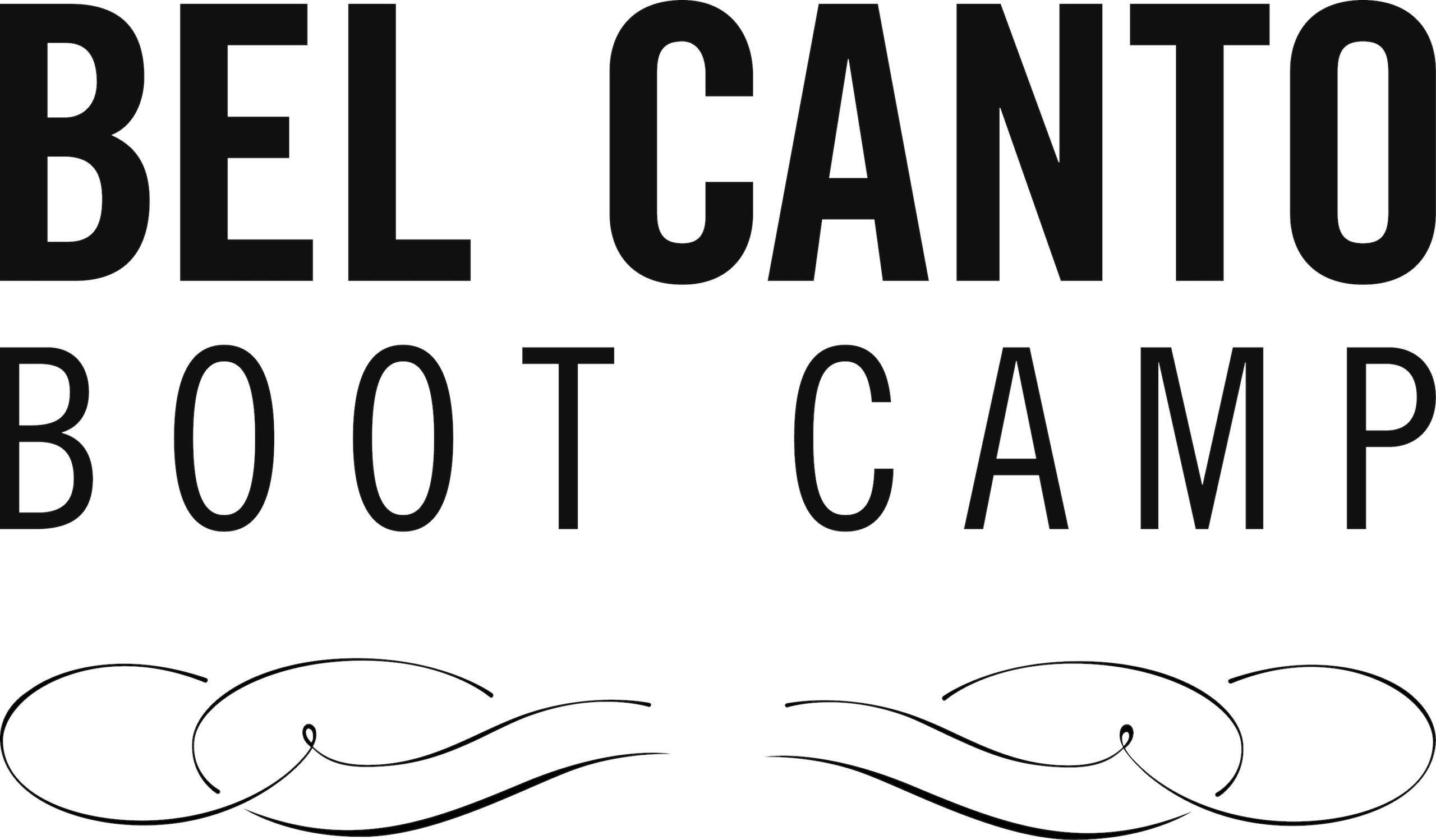James Stark. Bel Canto: A History of Vocal Pedagogy. Toronto: University of Toronto Press, 1999.
If you have been a Boot Camper for any time at all you will have noticed that many of us here are into reading historical treatises on singing. So there was no better choice for the first selection for our Book Club than James Stark’s Bel Canto. I first read this book in a graduate course on the history of vocal pedagogy at University of North Texas with Dr. Stephen Austin. It made for an excellent framework in which to read treatises by Garcia, Lamperti and other famous pedagogues of the last few hundred years. Many of the issues were and are quite controversial (which led to lively discussions in our Wednesday night group). I know I have learned so many new things re-reading it, especially with other singers and teachers each contributing their experience and insight.
Stark does a great job of organizing the vast amount of writing on vocal pedagogy breaking it up into chapters on the onset (The Coup de la Glotte: A Stroke of Genius), resonance (Chiaroscuro: The Tractable Tract), registration (Registers: Some Tough Breaks), breathing (Appoggio: The Breath Be Damned!), vibrato (Vocal Tremulousness: The Pulse of Singing), style (Idiom and Expression: The Soul of Singing), and the very meaning of bel canto (Bel Canto: Context and Controversy). Stark’s writing is clear and ideas are thoroughly discussed, however, there’s no avoiding the confusion that arises from a lack of consistent terminology with which to discuss the singing voice. Confusion is therefore inevitable and much time has been spent in Book Club detangling some of the ideas presented. But that also made for some of the most lively and informative discussions. If you are a member of Bel Canto Boot Camp, I highly recommend joining the Book Club!
None of these topics is without controversy, of course. Here are a few examples:
On the onset Stark sides with Garcia in advocating for a light glottal stroke at the onset (coup de la glotte). In most of the vocal ped literature we read negative comments about the glottal onset, but according to Stark (who prefers the term firm phonation to glottal):
In the instant before phonation begins, the arytenoid cartilages are drawn firmly together. During phonation, the combined muscular forces of adductive tension, medial compression, and longitudinal tension maintain strong glottal resistance to the breath. There is a large closed quotient of the folds, a vertical phase difference in the pattern of closure, and a muco-undulatory wave that may affect voice quality. Strong glottal resistance leads to raised breath pressures and low rates of airflow through the glottis. The resulting voice quality at the sound source is rich in high-frequency components. (p. 31)
Stark also spends a few pages debunking the application of the “Bernoulli Effect†to the vocal onset.
One further debate about the coup de la glotte represents yet another misunderstanding of Garcia’s theory and is also related to the question of muscular balance versus relaxation. This twist grew out of an infatuation with the aerodynamic principle known as the ‘Bernoulli effect.’ It serves as a case history in how a theory can be shoehorned into a misbegotten shape in order to fit a new concept. (p. 22)
At the beginning of a chapter-long discussion of breath and appoggio:
I have seen some professional singers with heaving chests, some with protruding bellies, some with raised shoulders, and some with bouncing epigastriums, all of whom sang beautifully, regardless of their breathing methods. I have also seen awkward postures that have not adversely affected good singing…. (p. 92)
There’s much more. It’s a book rich in sources and context that leads to further discussion and in many cases suggests the need for further research, which, of course, is still ongoing. I think those of us in the Book Club have enjoyed our weekly meetings. There are still a couple left Wednesdays at 8pm (EST) for any Boot Camp members who still want to join.
